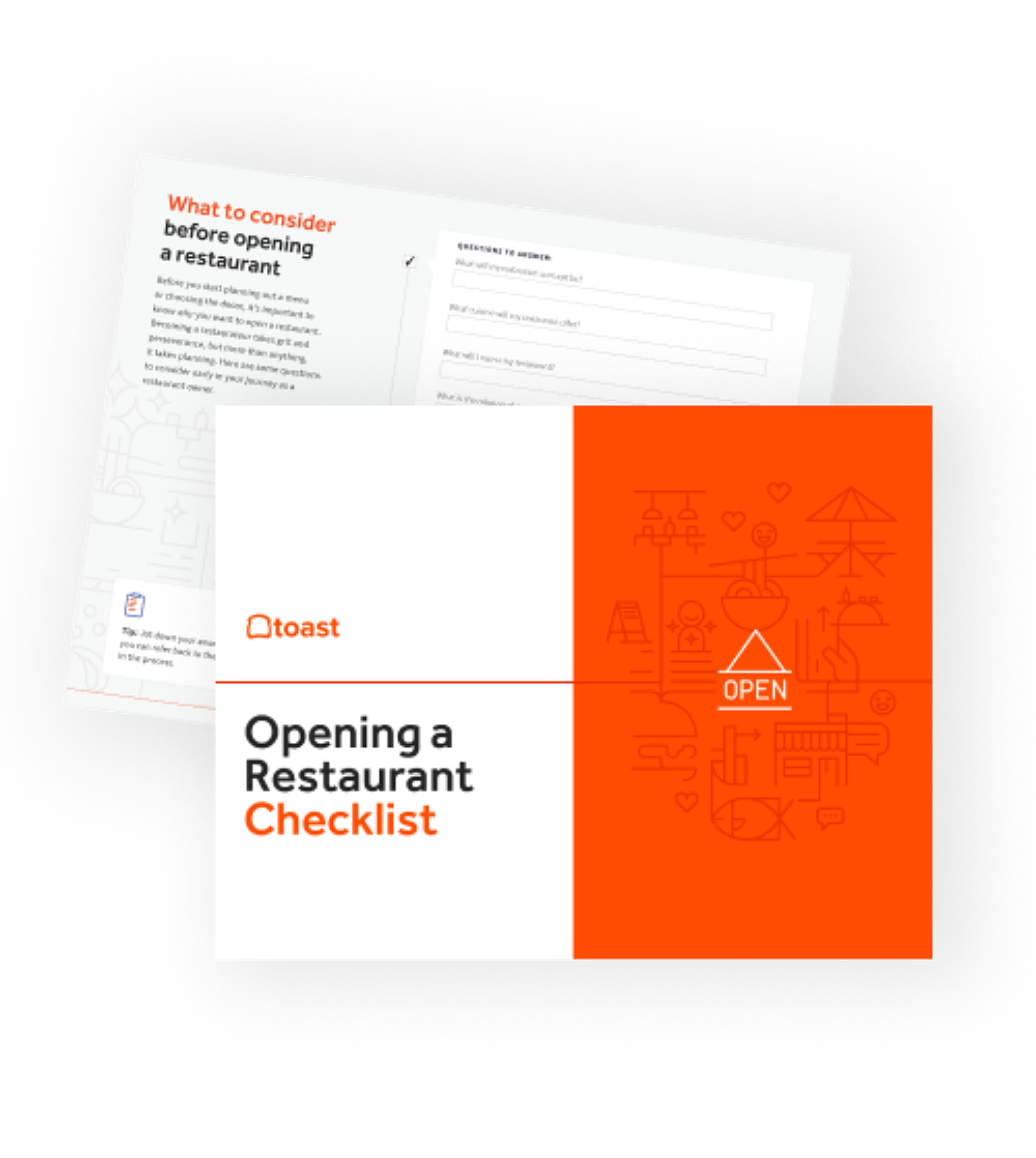1. What is an ice cream parlor?
Ice cream parlors sell ice cream by the scoop in cones or cups. But many go beyond the classic scoop with a bevy of soda fountain treats that are ice cream based. Shakes, floats, sundaes, and banana splits are quintessential desserts, and some sell gelato, sorbet, and frozen yogurt dispensed from a machine.
Ice cream parlors are typically small, charming storefronts with a smattering of seating options. Tubs of ice cream may be displayed in glass freezer cabinets so customers can peruse the variety of flavors before ordering at the counter.
For many, getting ice cream with friends and family on a summer day is a grand old tradition, as American as apple pie. But innovative flavors, toppings, and techniques have been stirring up the ice cream shop sector for a while.
2. What is the history of ice cream parlor?
This old-fashioned treat spans countries and eras, and it’s impossible to know when the first ice cream shop in the world opened. Historians point to a 1686 Parisian cafe, Il Procope, as the first ice cream parlor. It was opened by a Sicilian immigrant who served gelato, the Italian version of sorbet.
It’s only natural to assume such a delightful dessert reached America with the first European settlers. The first U.S. parlor opened in New York in 1790, and legend is that George Washington spent $200 during that summer on the treat.
The modern ice cream parlors of today, with their varied flavors, owe a debt to Baskin-Robbins, which was founded in 1945 with a slogan of “31 flavors” — one flavor for each day of the month. Baskin-Robbins is now the largest ice cream chain in the world, with 8000 locations in 50 countries.
3. What is typically on an ice cream parlor menu?
The focus of any ice cream parlor is on scoops of ice cream, and most offer at least a dozen different flavors and a few different cone styles. There are traditional ice cream shops and modern ones.
Even the most traditional shops have incorporated creative flavors to accent the usual rocky road, mint chip, and chocolate lineup. Standards include cookie dough ice cream, pecan praline, birthday cake, strawberry cheesecake, bubblegum, and more.
Modern ice cream parlors go one further with wildly unique ingredients, seasonal and daily offerings, and fun toppings and dips.
Some shops are experimenting with flash-frozen liquid nitrogen ice cream and other gourmet tricks. In addition to scoops, you’ll find classic soda fountain desserts like shakes, malts, sundaes, ice cream cakes, and coffee-ice cream concoctions. Beverages are typically limited to a short list of bottled waters and sodas.
4. How do you start an ice cream parlor?
The industry has expanded in recent years thanks to the popularity of seasonal flavors, gourmet techniques, and pop-up shops. Additionally, the explosion of the food truck industry has reinvented the ice cream truck of our childhood memories. The first decision is what type of concept and brand you want to pursue.
You’ll decide how your shop serves customers — truck, pop-up, storefront — and what trends you will incorporate into your business model. Will your shop be modern or nostalgic, open year-round, or just in summer? Once you’ve narrowed down your concept, you can make your ice cream dreams a reality.
5. How much does it cost to start an ice cream parlor?
According to the North American Ice Cream Association, the startup costs for an ice cream parlor can be less than $50,000 if you purchase an existing location. Building your ice cream parlor from the ground up generally runs between $100,000 to $500,000 but can skyrocket into the millions depending on how elaborate you want to get.
Supplies, utilities, equipment, and food costs all vary based on renting or buying, the region you’re located in, and the square footage of your shop.
6. Most popular types of ice cream parlors
Ice cream is a favorite of children and adults alike, and the offerings have expanded well beyond the 31 flavors of childhood. Ice cream has become a way to showcase creativity, innovative flavor combos, and even ingredients unique to different countries and regions.
The most popular ice cream parlors offer special flavors that people will remember. Seasonal ingredients and rotating selections are shorthand for freshness in customers' minds. Even traditional ice cream parlors with unchanging flavors spotlight a few weekly specials. Vegan and dairy-free options appeal to a rising interest in healthier eating.
Getting a scoop at an ice cream parlor is one of the great old-fashioned pleasures that will never go out of style. Even when people are watching their wallets, they still treat themselves to affordable little luxuries like ice cream.
Is this article helpful?
DISCLAIMER: This information is provided for general informational purposes only, and publication does not constitute an endorsement. Toast does not warrant the accuracy or completeness of any information, text, graphics, links, or other items contained within this content. Toast does not guarantee you will achieve any specific results if you follow any advice herein. It may be advisable for you to consult with a professional such as a lawyer, accountant, or business advisor for advice specific to your situation.
